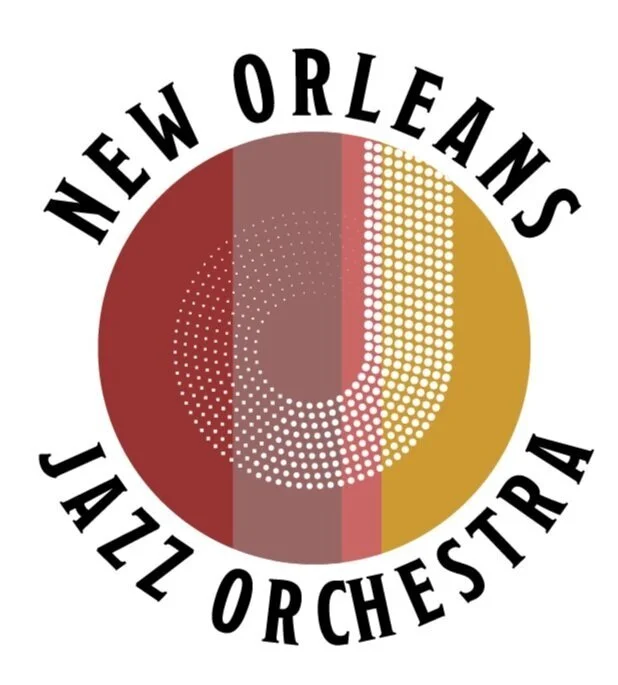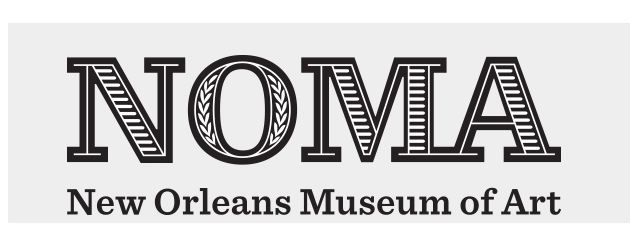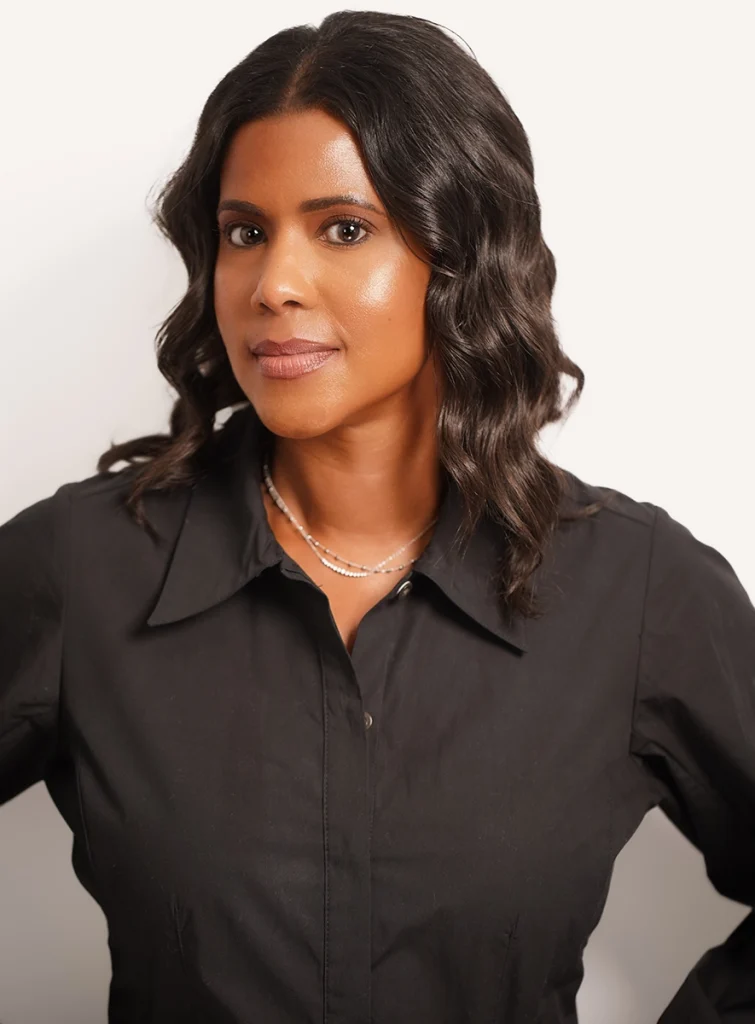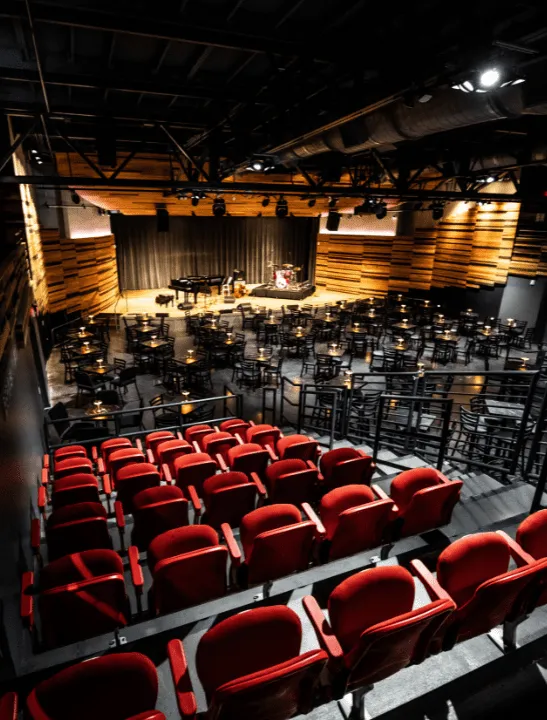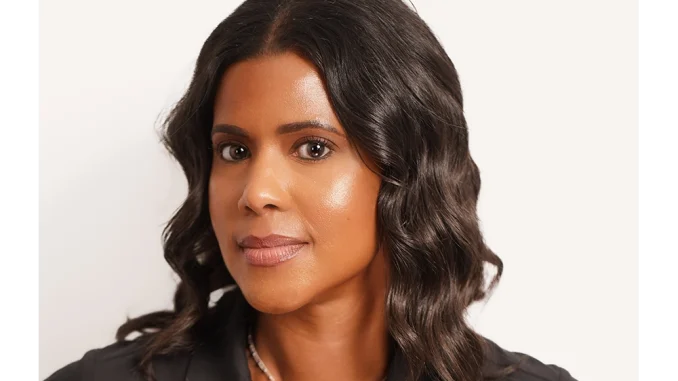
;
By Staff
Terrah Green stands at the nexus of culture, community, and leadership—a woman whose professional journey mirrors her unwavering commitment to elevating people and places. From boardrooms to creative institutions, from Detroit neighborhoods to the vibrant cultural corridors of New Orleans, her work reflects a philosophy rooted in authenticity, service, and intentional connection. As Board Chair of the New Orleans Jazz Orchestra and a leader within the New Orleans Museum of Art, she champions the power of the arts to heal, unite, and preserve cultural heritage. Through real estate ventures and community-focused initiatives, she advances a legacy shaped by integrity, purpose, and an unshakeable belief in the potential of collective uplift. In this conversation, Terrah reflects on her purpose-driven leadership, her dedication to building authentic communities, and the values that guide her remarkable path.
How would you describe the through line that connects your professional journey to your personal purpose?
Building community and connecting people is the thread that ties every chapter of my journey together. Whether in business, real estate, or civic engagement, I am guided by a deep calling to create, cultivate, and empower spaces where people feel seen, valued, and uplifted. That sense of belonging—of helping others find their place and their voice—is at the center of my mission and the work I feel divinely purposed to do.
What does authenticity mean to you in the context of leadership, and how do you practice it daily?
Authenticity, to me, is the courage to be transparent, honest, and grounded regardless of the setting. It means leading from the core of who I am and staying aligned with the values and moral compass that have shaped my life since childhood. Each day, I strive to show up fully—without pretense, without compromise—allowing integrity to guide my decisions and interactions.
As Board Chair of the New Orleans Jazz Orchestra, what does this role represent for you personally?
Serving as Board Chair for NOJO is both an honor and a deeply personal privilege. It has allowed me to immerse myself in the legacy of jazz—an art form intertwined with the heartbeat of New Orleans and a soundtrack to my childhood. My father, a jazz enthusiast, introduced me to the beauty and storytelling of this music early on. Music is universal; it erases boundaries and brings people together across cultures, ages, and experiences. In this role, I have the opportunity to help shape programming that builds community, celebrates heritage, and preserves the cultural richness of this city for generations to come.
How do the arts contribute to a city’s overall well-being?
The arts are the cultural lungs of a city—they help us breathe, remember, and connect. They offer history, stimulate dialogue, and create shared spaces that unite both locals and visitors. At NOMA, we are intentional about making the museum a true gathering place for the entire community: inclusive, accessible, and reflective of diverse cultures and identities. Through community engagement initiatives, we work to remove barriers so that everyone, regardless of background or circumstance, can experience art’s power to inspire, educate, and transform.
How have you navigated leadership spaces not always designed with your voice in mind, and what advice do you offer other women of color?
Navigating leadership as a woman of color is both a privilege and a profound responsibility. The journey can be challenging, but humility and authenticity have anchored me. Working across industries—from marketing to real estate to nonprofit governance—has broadened my perspective and strengthened my resolve. I often reflect on Dr. Bettina Love’s question: “How are you going to use your privilege?” We must remember that we do not rise alone. Community, mentorship, and grace pave our path. My advice to other women is to honor the village that uplifted you, to lead with your values, and to embrace the confidence that comes from knowing you belong exactly where you stand.
How do you define success in real estate beyond financial return?
Success in real estate is measured by impact—by the transformation you spark in neighborhoods and the dignity you restore to spaces that anchor communities. TWG Investments began more than a decade ago as a passion shared between my husband, father, and me. As proud Detroit natives, revitalizing homes felt like a way to honor our roots and contribute to our city’s resurgence. Our latest multi-unit project near the Henry Ford Medical Center reflects that commitment: fully furnished units designed to support medical students and traveling professionals who serve the city. The true reward is seeing neighborhoods strengthened and possibilities expanded.
How do you balance business strategy with social impact in your investment philosophy?
Real estate is always a blend of timing, location, and vision—but for us, it’s also about responsibility. We study trends, city planning, and long-term growth, but we also ask how our investments can support Detroit’s revitalization. My husband, who grew up in the city, collaborates with peers working at the forefront of Detroit’s economic development. Together, we strive to ensure that our business decisions also contribute to the beauty, stability, and future of the communities we cherish.
How do you create balance while leading, serving, and raising a family?
I ground myself with a simple philosophy: keep the main thing, the main thing. Prioritization gives clarity, and clarity gives peace. Balancing family, leadership, and philanthropic commitments becomes manageable when rooted in purpose. A strong support system is essential—in today’s world, none of us can do it alone. Balance isn’t about perfection; it’s about intention and alignment.
What lessons from motherhood have shaped your leadership?
Motherhood is a mirror that reveals who we are and who we aspire to be. Children offer unfiltered truth, and I take those reflections to heart. One of my favorite reminders is that change is constant. Raising children teaches flexibility, patience, and grace—qualities that are equally vital in leadership. No two days are the same, and that fluidity helps me adapt, grow, and lead with empathy.
When you think about legacy, what do you hope your children and community will say about your life’s work?
Legacy, for me, is everything. I hope my children, colleagues, and community will say that I lived a life anchored in faith, integrity, and joy—that I led with love, honored my values, and remained committed to bringing people together. I want my life to reflect gratitude, high character, and a genuine desire to uplift others.
What’s next for you?
I’m excited about this next chapter—continuing to elevate NOJO and advancing the Jazz & Blues Market into a world-class venue that honors the legacy of jazz locally and globally. I’m also developing an app designed to empower families in professional sports—a project close to my heart. This year is about expansion, innovation, and deepening the impact of the work I’ve been called to do.



